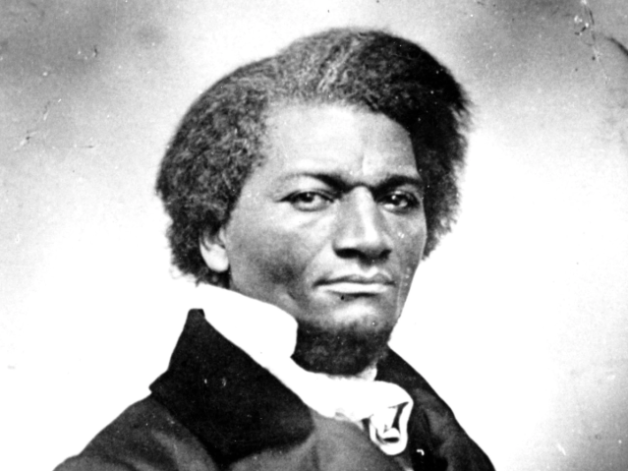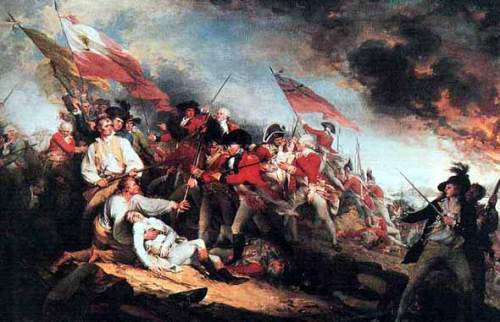One of my favorite Fourth of July traditions is reading the Declaration of Independence in The Boston Globe. Last year I added to that Frederick Douglass’ great 1852 speech, “What to the Slave is the Fourth of July?”
Having just read it again, I was struck by the extent to which the speech summarizes some of the most important themes of Douglass’ public mission, as laid out in David W. Blight’s 2018 biography: his belief that the Constitution was, at root, an anti-slavery document, a view that was far from universal among his fellow Abolitionists; his hatred for the hypocrisy of the American church’s embrace of slavery; and his fundamental optimism, on display in the opening section, in which he talks about believing the country could change because it was still so young.
Then there is this great passage, which comes about halfway through:
What, to the American slave, is your 4th of July? I answer: a day that reveals to him, more than all other days in the year, the gross injustice and cruelty to which he is the constant victim. To him, your celebration is a sham; your boasted liberty, an unholy license; your national greatness, swelling vanity; your sounds of rejoicing are empty and heartless; your denunciations of tyrants, brass fronted impudence; your shouts of liberty and equality, hollow mockery; your prayers and hymns, your sermons and thanksgivings, with all your religious parade, and solemnity, are, to him, mere bombast, fraud, deception, impiety, and hypocrisy — a thin veil to cover up crimes which would disgrace a nation of savages. There is not a nation on the earth guilty of practices, more shocking and bloody, than are the people of these United States, at this very hour.
Read it. Slavery may be part of the past. But at this moment of heightened attention to racism and how it continues to affect the lives of Black Americans, Douglass’ speech takes on new relevance.
And don’t miss this video of Douglass’ descendants reading parts of his speech.



